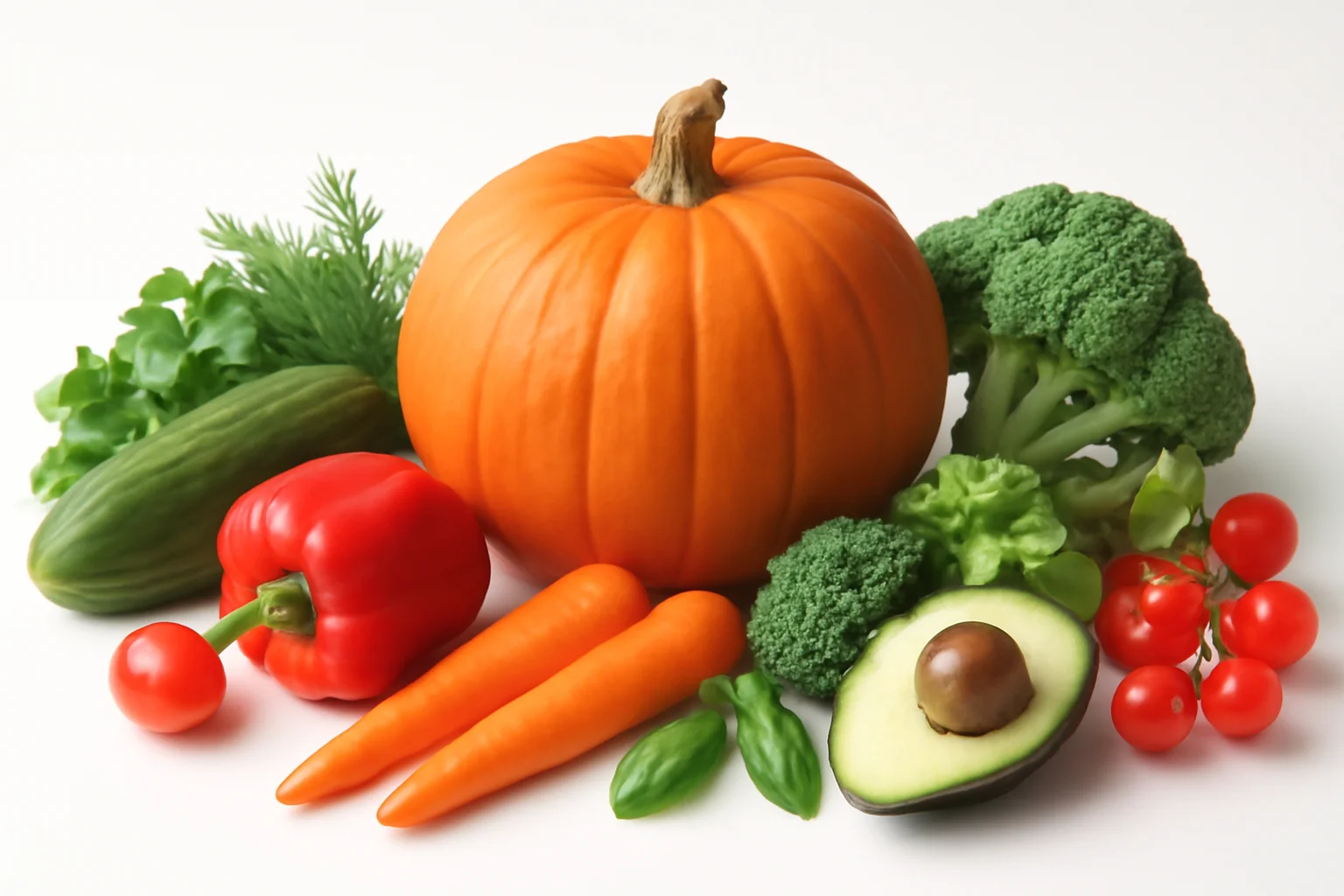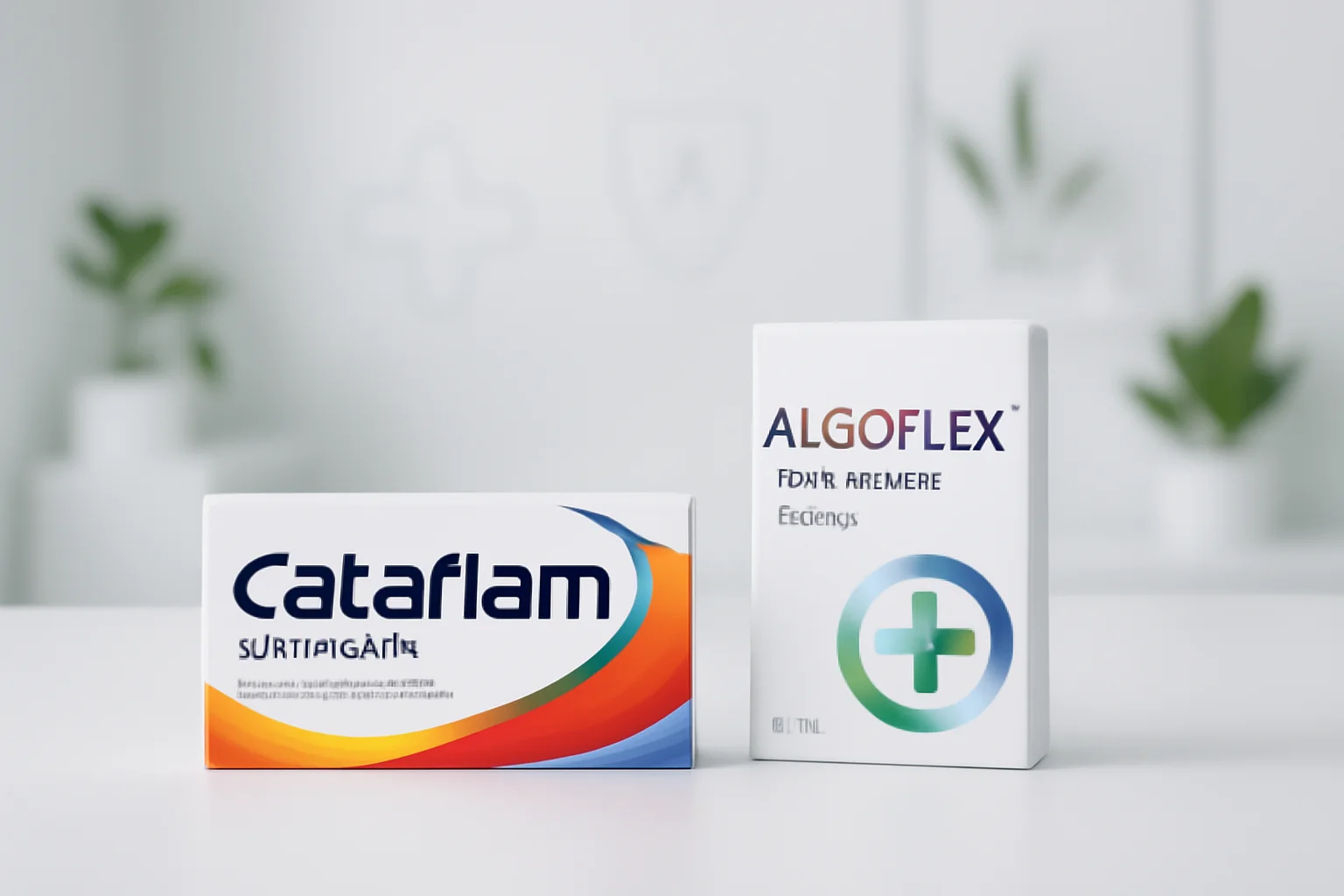
The Beneficial Effects of Pumpkin on Our Health
The pumpkin, this colorful autumn wonder, is not only a symbol of Halloween but also a nutritious and beneficial food. Rich in vitamins, minerals, and antioxidants, it contributes to maintaining our health. The taste of pumpkin is sweet, and its texture is creamy, making it easy to incorporate into various dishes, whether soups, purees, or desserts.
In recent years, pumpkin has gained more attention, not only for its flavor but also for its beneficial effects. People are increasingly aware of what they consume and are opting for natural, vitamin-rich foods. Pumpkin is not only delicious but also extremely nutritious, making it an ideal choice for our daily diet.
More and more people are looking for alternative solutions for health maintenance, and pumpkin can be a great choice for those who advocate natural nutrition. Let’s explore in more detail the beneficial effects of this wonderful vegetable!
The Nutritional Content of Pumpkin
The nutritional content of pumpkin is impressive, as it is rich in vitamins and minerals. One of the most important nutrients is beta-carotene, which gives pumpkin its orange color. Beta-carotene converts into vitamin A in the body, which is essential for good vision, skin health, and proper immune system function.
Additionally, pumpkin is rich in vitamin C, which strengthens the immune system, aids in wound healing, and has antioxidant properties, thus protecting cells from harmful free radicals. Pumpkin also contains B vitamins, such as B6 and folate, which contribute to the proper functioning of the nervous system and blood formation.
Among the minerals, pumpkin has a high potassium content, which helps regulate blood pressure and maintain heart health. It also contains magnesium, iron, and zinc, which play important roles in the body’s functioning.
Let’s not forget about the fiber content of pumpkin! Fiber helps maintain a healthy digestive system, improves digestion, and contributes to the feeling of fullness. Thus, pumpkin is not only tasty but also nutritious, making it an ideal choice for our daily diet.
The Beneficial Effects of Pumpkin on the Immune System
One of the most important beneficial effects of pumpkin is its positive impact on our immune system. The combination of vitamin C, beta-carotene, and other antioxidants helps strengthen the body’s defenses. Regular consumption of pumpkin may contribute to better resistance against various infections and diseases.
Thanks to its antioxidant content, pumpkin helps protect cells from free radicals, which can cause cellular aging and the development of various diseases. Antioxidants neutralize free radicals, thus reducing the risk of chronic inflammation and the onset of diseases such as cancer.
Moreover, consuming pumpkin can help maintain the health of the gut flora, as the fiber it contains nourishes gut bacteria. A healthy gut flora is closely related to the proper functioning of the immune system.
To strengthen the immune system, it is worthwhile to incorporate pumpkin into our diet in various forms: it can be roasted, boiled, pureed, or even added to smoothies. The flavor of pumpkin pairs wonderfully with spices, allowing us to create diverse and delicious dishes.
The Role of Pumpkin in Maintaining Cardiovascular Health
To prevent cardiovascular diseases, proper nutrition is essential, and pumpkin plays an important role in this. The potassium found in pumpkin contributes to blood pressure regulation by helping to reduce sodium levels in the body. Maintaining an adequate potassium level can help preserve heart health and reduce the risk of heart disease.
Pumpkin is also a rich source of fiber, which is important for cardiovascular health. Fiber helps lower cholesterol levels, which contributes to reducing the risk of heart disease. Regular fiber consumption also improves digestion and aids in weight control, which is also important for maintaining heart health.
Thanks to its antioxidant content, pumpkin helps protect heart muscle from the harmful effects of free radicals, which can contribute to heart health. Therefore, consuming pumpkin not only provides a delicious experience but also has numerous beneficial effects on our cardiovascular system.
How to Use Pumpkin in the Kitchen?
The versatility of pumpkin allows it to be used in a variety of dishes. One of the most popular ways to prepare pumpkin is by roasting it. Simply cut the pumpkin, remove the seeds, slice it, and roast it in the oven. The sweet flavor and creamy texture provide a perfect base for various dishes.
We can also make delicious soup from pumpkin. Pureed pumpkin soup is creamy and nutritious, and it can be wonderfully seasoned with ginger, nutmeg, or garlic. Pumpkin puree is also popular and can be a perfect base for desserts, pancakes, or even healthy smoothies.
Pumpkin seeds are also extremely nutritious, packed with healthy fats and protein. Pumpkin seeds can be easily roasted and enjoyed as a snack or added to salads.
Using pumpkin in the kitchen offers a wide range of possibilities, and it is worth taking advantage of this versatile vegetable for healthy eating.
Note: This article does not constitute medical advice. Always consult your doctor or a healthcare professional for health issues.

